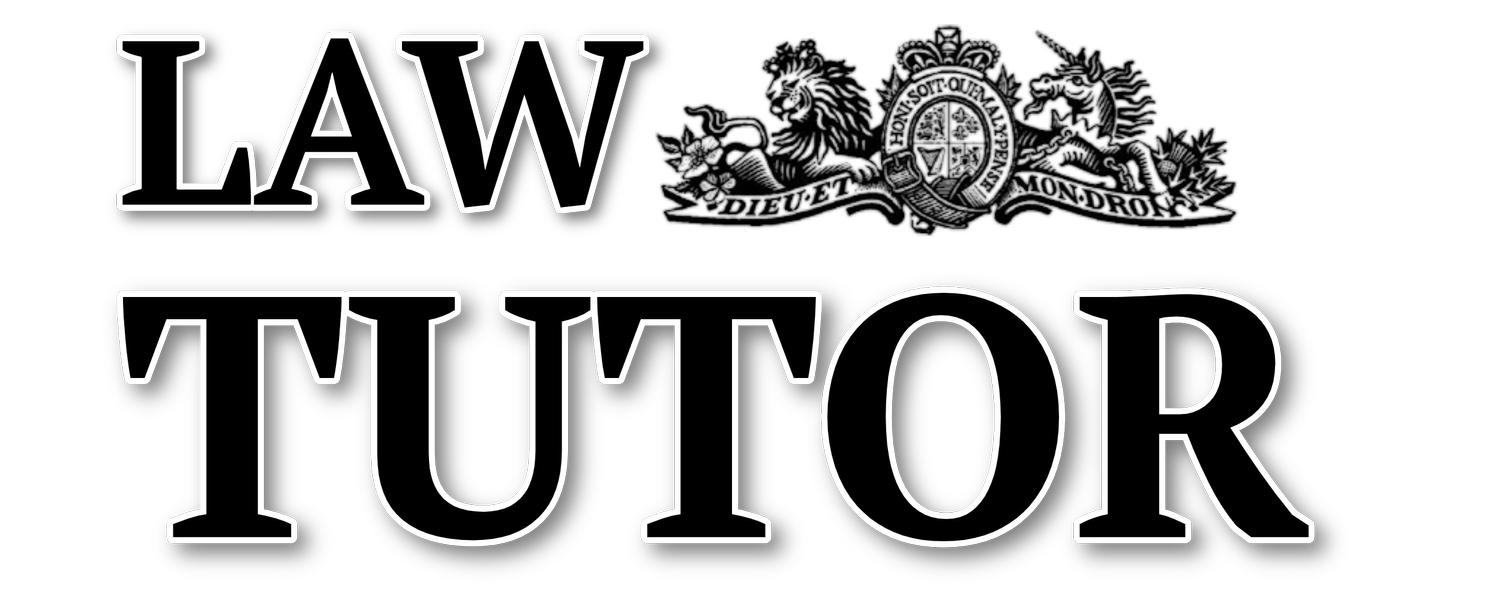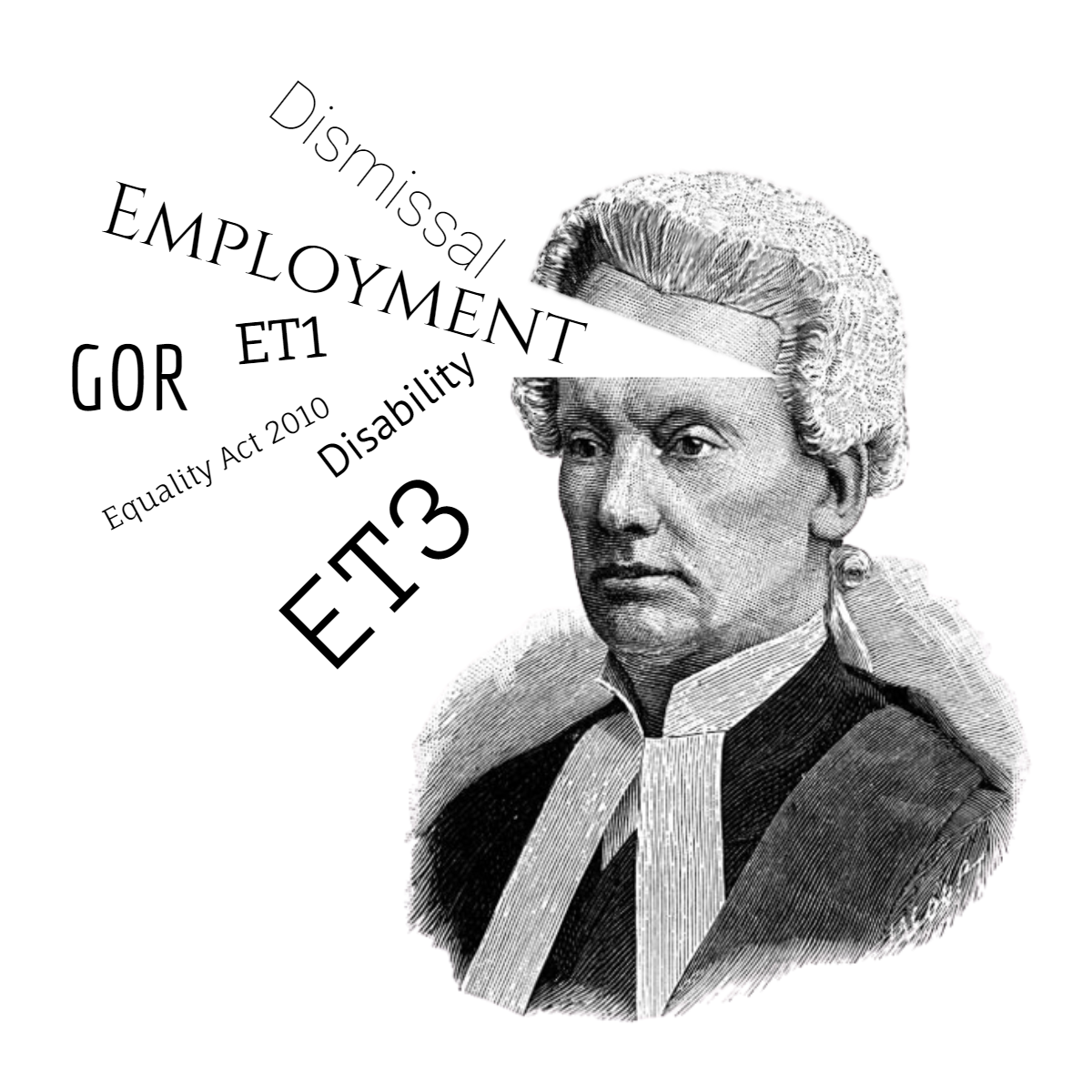Duty to make
reasonable
adjustments
Duty to make reasonable adjustments
The EA imposes a duty on employers to make reasonable adjustments in the following situations:
Where a provision, criteria or practice (PCP) applied by the employer puts a disabled person at a substantial disadvantage in comparison with those who are not disabled. The employer must take reasonable steps to avoid the disadvantage.
Where a physical feature of the employer’s premises puts a disabled person at a substantial disadvantage in comparison with those who are not disabled. Again, the employer must take reasonable steps to avoid the disadvantage.
Where a disabled person would, but for the employer’s provision of an auxiliary aid, be put at a substantial disadvantage in comparison with those who are not disabled. The employer must then take reasonable steps to provide the auxiliary aid.
A disabled person is not entitled to a reasonable adjustment simply because he/she is disabled. He/she must be put at a substantial disadvantage by a PCP or physical feature of the premises or lack of auxiliary aid, compared to non-disabled persons. The reason for the comparison is to establish whether it is because of the individual’s disability that he/she is put at the disadvantage. The purpose of the adjustment is to address that disadvantage.
The phrase PCP also comes up in the context of indirect discrimination. It covers almost anything the employer does which affects the individual at work, e.g. applying attendance policies; selection criteria for recruitment and redundancy, and imposing job duties/deadlines.
What could be an adjustment?
A physical feature of the premises can be temporary or permanent and includes internal and external features such as steps, exits, toilets, lifts, lighting and furniture. An auxiliary aid is something which provides support or assistance to a disabled person.
Reasonable adjustments should be made in a timely fashion. If there is undue delay in making the adjustments, it can often lead to a breakdown in the working relationship, and could if sufficiently serious amount to a fundamental breach of the implied term of mutual trust and confidence.
Failure to make a reasonable adjustment can never be justified. It is for the tribunal to decide, using an objective test, whether it considers that the adjustment would have been reasonable. The employer is not required to make reasonable adjustments if it does not know and cannot reasonably be expected to know that:
the individual has a disability, and
the individual is likely to be placed at a substantial disadvantage as a result.
Knowledge of disability
It is therefore prudent for an individual to inform his/her employer clearly in writing that he/she is disabled and any adjustment(s) he/she thinks may help. This will frequently be in the form of a letter from a medical practitioner or a Occupational Health referral. However, as the duty to make reasonable adjustments falls on the employer, if the disabled individual has discussed with the employer the nature and effect of his/her disability, the employer should then explore the possibility of reasonable adjustments with the individual (and potentially with the assistance of an occupational health specialist), even if the individual did not make any such suggestions.
The Code, at paragraph 6.33 makes suggestions with examples as to the type of steps which employers may have to make. When advising an employer in practice, it is recommended to review these suggestions, in addition to obtaining occupational health advice.
The duty on an employer to make reasonable adjustments for a disabled applicant, worker or employee necessarily involves giving that individual more favourable treatment, i.e. a measure of positive discrimination. This is necessary to remove the disadvantage which is attributable to the disability. This is indeed the intention of the EA and it is important for employers to be aware that it is not direct discrimination for an employer to treat a disabled person more favourably than it treats or would treat a non-disabled person (s.13(3) EA).
Reasonableness of adjustments
An employer will not breach the duty to make adjustments unless it fails to make an adjustment which is “reasonable”. This is an objective test and will depend on the circumstances of the particular case. The following factors are listed in the Code as factors which might be taken into account when deciding the reasonableness of the steps taken (or not taken):
Whether taking particular steps would be effective in preventing the substantial disadvantage
The practicability of the step
The financial and other costs of making the adjustment and the extent of any disruption caused
The extent of the employer’s financial or other resources
The type and size of the employer
The availability of external financial or other assistance
Failure to make reasonable adjustments
In the event the employer fails to comply with its duty to make reasonable adjustments, the individual can bring a claim under s.21(2) EA. The usual time limit of three months, subject to the EC procedure, applies. As the act complained of in such a claim is a failure to do something, the time runs from the end of the period in which the employer might reasonably have been expected to comply with the relevant duty (assessed from the employee’s point of view), or the date of the actual decision not to comply with the relevant duty if relevant.
Employment Coaching
Get help with your employment issue, as it arises at work. If you are having problems at work you may not understand where to start. I can coach you to navigate your Employment Policies and Procedures. This can help you argue your employment issue and organise any potential claim in the right way up to the employment tribunal if needed. As an expert law tutor I will guide and support you through the whole process. I offer simple, cost effective and confidential employment advice for employees/workers on employment issues you experience at work. I particularly want to assist anyone who has been discriminated.
Employment Advice
I have been teaching law for 20 years. Moreover, I have gained a lot of employment law experience advising both individuals and companies. I have had many successful outcomes but more than that I have had countless cases that ended in settlements because the case could not be won by the employer. If you are having problems at work why not get someone to teach you how employment law works. I provide valuable advice while you are having trouble at work and can coach you through a successful outcome. I have been just as effective for defending employment claims for businesses.
HOw I can Help?
I need to raise a Grievance
How to gather evidence for my grievance
How to appeal my grievance
Defend a disciplinary
Dealing with a potential unfair dismissal
Is this an automatic unfair dismissal?
What are protected acts?
Resign and claim constructive dismissal
Is my Redundancy fair
What is the process for Whistleblowing?



